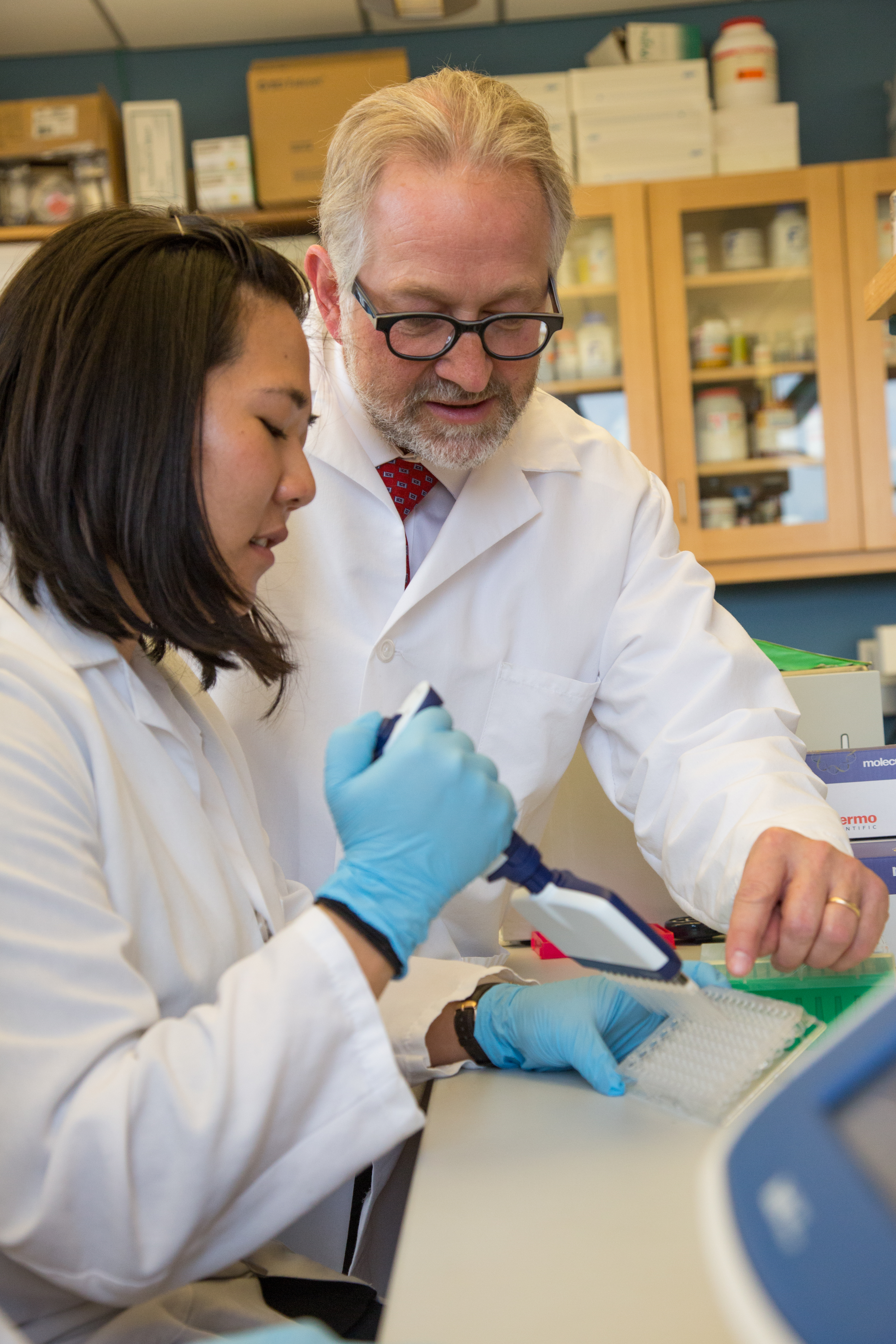Chapter 2
Environmental Health Sciences
Environmental health sciences examines how environmental factors—such as air and water quality, hazardous waste, climate change and toxic exposures—affect human health. Professionals in the field help create healthier, safer communities through interdisciplinary work that involves examining the ways harmful chemicals trigger disease and analyzing spatiotemporal patterns to forecast exposure and disease outbreaks. Additionally, this approach incorporates laboratory investigation, community-driven research and fieldwork to transform evidence into real-world action.
Table of Contents


Environmental Health Sciences Careers Outlook
Professionals in environmental health sciences work to mitigate risks and improve public health outcomes on a global scale. They work in a variety of areas, including government, consulting, research, healthcare and nonprofit.
Environmental health professionals can pursue careers such as:
- Environmental Health Data Analyst: Analyzes environmental hazards that impact community health, such as water and air quality issues.
- Climate and Health Specialist: Reviews current and projected climate conditions and develops strategies for mitigating and adapting to the impacts of climate change.
- Environmental and Molecular Epidemiologist: Uses scientific practices to explore how certain environmental exposures affect human health.
- Environmental Consultant: assists in the creation, analysis and enforcement of government policies designed to protect the environment from industrial hazards.
Environmental Health Sciences Master’s Degrees at Columbia
At the Columbia Mailman School of Public Health, students can pursue a Master of Public Health (MPH) or a Master of Science (MS) in Environmental Health Sciences (EHS), with distinct pathways tailored to their interests and career aspirations.
The MPH in Environmental Health Sciences provides a broad foundation in public health, offering the following eight courses of study: biological mechanisms, environmental health, epidemiology, data analysis, occupational hazards and policy analysis. This degree is ideal for public health practitioners seeking to address environmental health challenges with interdisciplinary expertise.
The department also offers the following MPH certificates: Climate and Health, Molecular Epidemiology, Public Health Toxicology, and Environmental Health Policy.
The MS in Environmental Health Sciences is designed for individuals with strong scientific or quantitative backgrounds who are seeking to develop specialized skills for impactful careers in research, data science, policy and more. The program offers specialized training through two unique tracks - Toxicology and Environmental Health Data Science.
These degrees are ideal for those aiming to advance their careers in environmental health sciences or pursue further academic opportunities, such as a PhD or MD.
With rigorous academic training, hands-on learning opportunities and access to renowned faculty, Columbia Mailman School’s Environmental Health Sciences master’s programs prepare students to lead efforts in addressing environmental health challenges and shaping healthier, sustainable communities worldwide.
Did you know?
97% of our students are working or pursuing further education (MD and PhDs) 6 months after graduation! Get to know a few of our alums below and take a look at our alumni spotlight page for even more.
Student Perspective
Fatima, MPH, Global Health Certificate, 2016
Fatima is the Program Officer for Thematic Advocacy at the Bill and Melinda Gates Foundation based in Seattle. In this role she manages a multi-million-dollar portfolio to strengthen the advocacy infrastructure in the Global South to advance key health and development priorities, and to center diverse and local voices in global agenda setting.


Sonny, MS, Toxicology, 2022
Sonny is a Healthcare Consultant for Perioperative Services at Oracle Corporation. Bridging the gap between environmental health science and healthcare technology, he has successfully implemented EMR software solutions that not only meet clinical needs but also address health and safety concerns in healthcare facilities. Sonny works to ensure that the solutions prioritize patient safety and the well-being of healthcare professionals and in doing so has conducted and led multiple trainings and testing events with anesthesiologists, nurses, providers and other end-users.